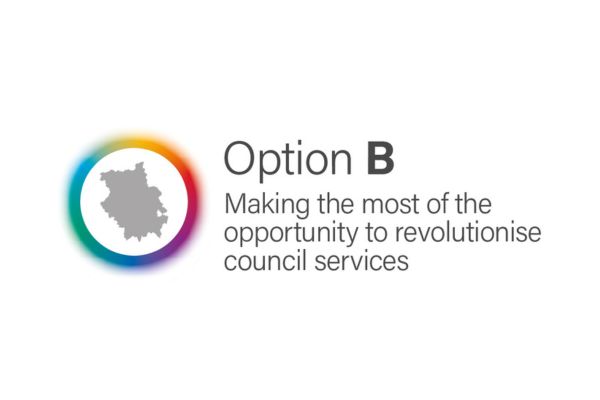A heat network supplies heating, hot water and potentially cooling to buildings in a local area. It uses a network of underground pipes to carry hot water from a central source, known as an energy centre.
About 18% of heat will need to come from heat networks by 2050 to meet national targets. This is according to the Climate Change Committee, an independent group that advises the government.
Cities including Leeds, Bristol and Copenhagen already have heat networks. These cities traditionally used gas to provide the heat.
We are working with the University of Cambridge, city centre colleges and Anglia Ruskin University to produce a business case for this project. The aim is to create a renewable heat network in the city centre by 2030.
To support this energy transition, we have developed technical guidance to help owners and developers prepare to integrate their buildings into the heat network. Updates will follow as the project progresses.
In 2024, we and our partners signed a memorandum of agreement to formalise our commitment to the next stage of the project’s detailed development.
Benefits
The Cambridge city centre heat network could supply renewable heating and hot water around the city centre. Many of the buildings there currently rely on energy produced with fossil fuels, which has a negative impact on the environment. This includes:
- buildings owned by the council
- buildings owned by the University of Cambridge and colleges
- local businesses
- public and residential buildings
The network could help to reduce carbon emissions produced by historic buildings. This would help us to work towards our target to reduce our direct carbon emissions to net zero by 2030.
Some council, university and college buildings may be among the hardest in the city to decarbonise. The network would help the university meet its target to cut its energy related carbon dioxide emissions to absolute zero by 2048.
Cambridge’s heat network will make use of electrically powered heat pumps. This design will streamline electrical upgrades in the city centre. Once built, communal energy centres are complemented by large water tanks (thermal stores), so the electricity can be bought when it is cheapest.
Feasibility study
We received funding from the government in 2022 to determine the technical and economic feasibility of the scheme. The consultancy firm Aecom carried out the study on our behalf.
The feasibility study focused on the ‘core network city area’. It also reviewed the wider ‘study area’ shown on the city centre heat network map [PDF, 1.5MB].
Phase 1: Heat mapping and masterplanning
The feasibility study is complete. Key findings from this stage included:
- analysis of the energy demand in the city centre and buildings that could connect to a heat network
- identification of renewable heat sources that could supply these buildings through a heat network
- the potential network route
Initial findings suggest that a city centre heat network is likely to be feasible. Also identified, was an opportunity to expand the heat network beyond the city centre. The results from this stage will feed into the next detailed feasibility stage.
Detailed project development
The detailed project development aims to deliver a robust business case. £272,500 has been allocated for this by the government, with match-funding from strategic partners.
The detailed project development will involve:
- data gathering (autumn 2024)
- initial design and proposals (winter 2024 to spring 2025)
- preferred design and business case (summer and autumn 2025)
The key output of the detailed project development will be a business case for phase one of the city centre heat network. This will enable partners to decide on their future roles, whether as a consumer, producer or both, or as a potential investor.
Heat zoning study
Heat network zoning is a new UK policy framework. It is designed to identify specific areas where heat networks are the most cost effective and efficient solution for decarbonising heating. This approach aims to speed up the deployment of heat networks, contributing to the country’s net zero targets.
We will undertake a heat zoning study in 2025 to determine the heat network opportunity across Cambridge. This will help to inform opportunities to expand the city centre heat network.
Looking ahead
Public engagement on emerging designs is planned for 2025/26. Check this page for updates as we seek to deliver a greener, more sustainable Cambridge.
We prepared a technical guidance note to provide essential information to building owners and developers about the heat network. It will enable them to future-proof their buildings and be ready to connect to the heat network.



